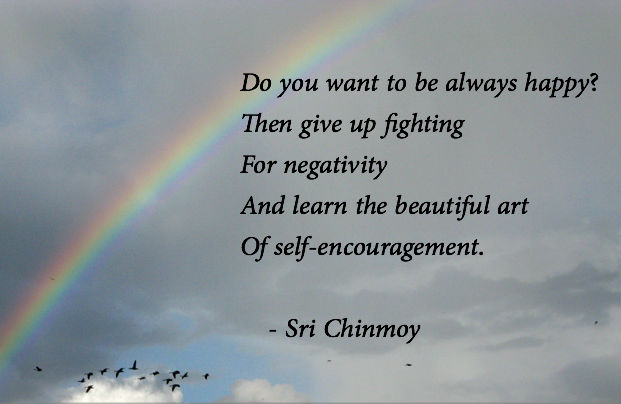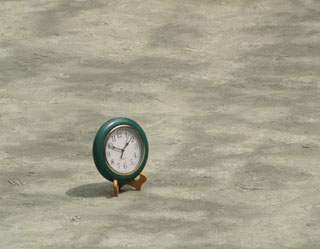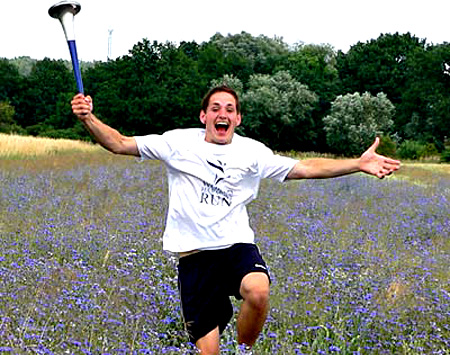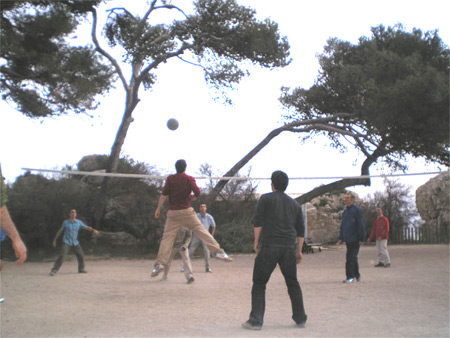
There is an old saying “If you want something done, ask a busy person. ” There is a lot of truth in this. Sometimes, we struggle to do anything productive – even if we have time on our hands. But, at other times we can do alot because we prepare, are focused and do it with enthusiasm.
There are several small things that can make a big difference to how successful we become. These are some tips to help get things done.
Be Clear What you Want to do.
It might seem a rather obvious point, but if we are not clear what we want to do – how can we do it effectively? I have a student who always talks of giving up smoking. Half of him wants to stop, but the other half enjoys it. If you want to do something difficult like give up smoking you have to be 100% committed. If you do something but are holding onto reservations, you will not be fully committed and so it will be much harder, if not impossible. Too often we drift along with vague ideas we should be doing something; we hold a certain guilt for not doing it, but, we fail to clearly resolve to take action – so it gets left on the back burner.
Clear Out the Junk.
One of the biggest obstacles to being productive is getting distracted by small silly things. Having a tidy / clear workspace makes a big difference to being able to work with great focus. Entering a clear, simple work environment gives a definite subconscious psychological boost. Just try tidying your workspace, ruthless clearing out the junk and pieces of paper – you will definitely notice the difference. We have a rather romantic view of the eccentric genius working in paper strewn mess coming up with complex equations. But, for most of us, working in this kind of environment makes it much more difficult to do anything. Investing 10 minutes to create a clear workspace is a good investment of time.
Do One Thing at A Time
It is not possible to do more than one thing at a time and be focused. Our attention gets split and we struggle to do either effectively. This doesn’t just mean physically doing only one thing at a time; it also means having our thoughts focused on one particular task. When writing an essay, we need to ignore other thoughts of what we will be doing tomorrow. There is no benefit in worrying over things that we have no control.
Be in the Right Environment
As we have mentioned in previous points, the real secret for getting things done is being 100% committed and focused. Another thing that can help is getting into the right environment. For example, if you need to work at home, create a suitable space for your work. If you carry your laptop into the lounge in front of the TV, you can get easily distracted. Even changing clothes can make a difference. Sometimes, I wander out into the garden in my slippers and start half-heartedly gardening. When you do something be in the right space, environment and with the right tools / equipment.
Prioritise
The art of getting things done doesn’t mean we have to be a permanent hive of activity, business and stress. The problem is that we are often ‘busy’ doing unimportant and inconsequential things. We need to make a list (either written or mental) of what needs doing and doing the most pressing things first, even if it is not necessarily the most pleasant.
Feel that whatever you do there is an opportunity cost. If we spend time flicking through tv channels it means we don’t have time for something more fulfilling and worthwhile.
Finish what you start.
The hardest thing with getting things done is often just getting started. It takes a mental effort to get started, so once we overcome this barrier try finishing it in one go. If we keep stopping and starting we will waste precious time and loose focus. Where possible try to benefit from economies of scale. e.g. rather than checking emails several times throughout the day, set aside one or two times to answer and deal with your inbox. This is more efficient than responding piecemeal to incoming messages. (and often when you are trying to do something else as well.)
Read the Instruction manual
It’s a bit of novelty in our ipod generation, but so many times I try to do something without any preparation, make it worse and then have to go back to read the instruction manual. Good preparation can save a lot of heartache and wasted effort. Jumping straight in without any clear plan isn’t usually the best way to get something done.
Be Enthusiastic for what you do.
If we can always maintain enthusiasm for what we do, our enthusiasm will carry us through all obstacles and problems. This is a real secret of getting things done.
photo by Prabhakar, Sri Chinmoy Centre Galleries
Related








